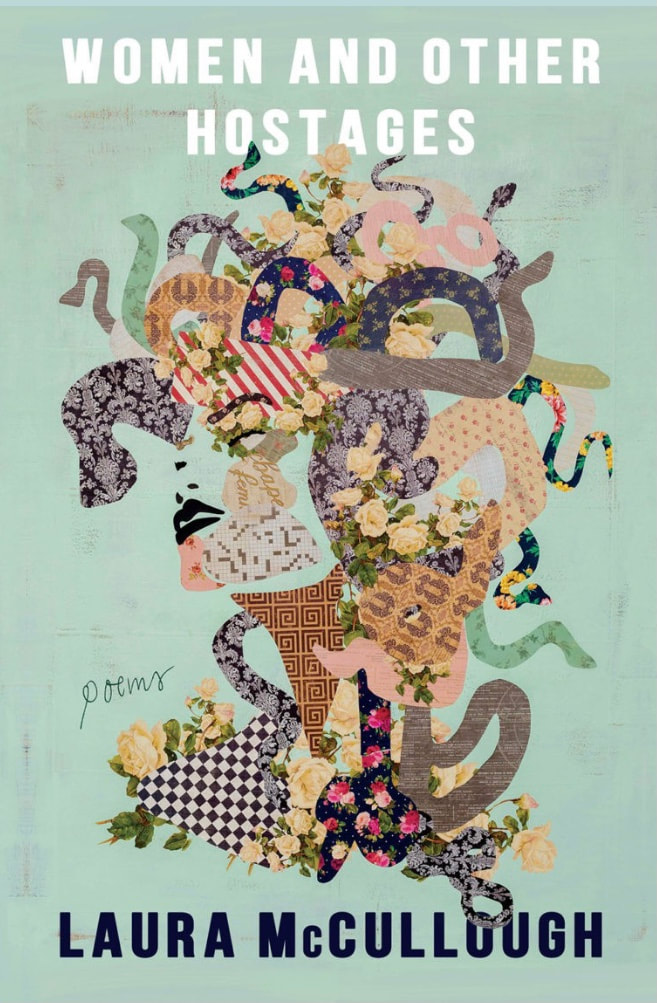LAURA MCCULLOUGH
Emo-screamo--and I don't mean the music10/25/2023 But it feels like that in the classroom these days: all experimental dissonance, vulnerable but irresponsible, bordering on the emoviolent--chaotic, screaming to be heard about personal struggles and experience of unfairness at full throated volume and so loud that any response that isn’t just as intense doesn’t even register.
According to the July 22 report by the national center for education statistics, nearly 85 %of public schools have reported negative changes and student behavior and so emotional development since the pandemic. You can read the report here which includes the statistics related to increases in classroom disruption and student misconduct, as well as in disrespect for teachers and staff, but also talks about the chronic absence of students and the effect of increased absences by teachers and staff. Not all of this is related to the pandemic. The run up to the pandemic in this country included extremely volatile and stabilizing, as well as polarizing, political events, and important but intense cultural events and shifts, such as the Me Too and Black Lives Matter movements. There has also been constant media attention to school violence, which students are exposed to both terms of media, as well as parental responses and fears, and in terms of the efforts taken within schools for training, preparation, and prevention, the hope of which is to keep people safe, but potentially has increased student, anxiety and fear. And there has been constant economic and climatological environmental volatility and disasters. We ask if the kids are all right, but we also need to ask whether the families are all all right, and we certainly need to ask whether or not the teachers are all right because it has been a fact of the profession for a long time that teachers end up being the ones responsible for the emotional labor needed for whatever kind of social and emotional issues students present with, and now those issues are compounded because when teachers themselves have had to experience, economic vulnerability, illness in their own families or themselves, coupled with a reduction of professional respect by the public, and increased worries about violence in school institutions, whether K-12 or college, teachers live with chronic stress and are in danger of burnout. I love music of all kinds, so this is not a knock against any particular genre, but as a writer, the combination of words to create the portmanteau of emoviolence is just surreal. In a time where people are shut down emotionally on the one hand, but terrified on the other, and no one knows how to express emotions with healthy boundaries, but veer between repression and suppression and explosion and outburst (or personal implosion and collapse and paralysis), it seems as though that little phrase about the music from the 2000s was an auger of the future. Increasingly, people (students and teachers) "mask", meaning performing what they think is expected and hiding (protecting) how they really feel. It's also called "managing impressions." For teachers, this in part happens because we are charged not just wut teaching our subjects but pyscho-emotionally shepherding students through both developmental stages and through times of crisis. That's a triple whammy of workload, and it can lead to "toxic positivity", the idea that we can breathe, meditate, mindset, or talk our way out of tough things or that we could tutor every student through their intellectual or academic deficits toward an A in every class. Authenticity is harder to model and maintain. Directness with kindness is not easy to manage, especially when teachers are under an avalanche of hurt, their own and their students. It's no one's fault, either. Yet each of us is responsible. The life raft of education is adrift on an ocean, and we can't yet see the shore. I mean this metaphor with all seriousness. What is an academic essay? Do research papers mean anything in the advent of AI? Does writing even matter? Do students need basic math? What is public education for? What makes a "good citizen"? What makes a "good human"? My questions are devolving into questions at the core of what we once called The Humanities. In the face of global terror, global warming, economic instability, and fear and anxiety at an epidemic level in young people, what are we to do next? Emotional labor isn't going away, and we need to develop emotional intelligence to perform it. In fact, it may be the most important thing we don't really teach. We can't run screaming from the chasm opening up before us in education. Young people still need us. Into the breach, dear friends, once more... And I am not alluding to the video game.
0 Comments
Leave a Reply.Archives
October 2023
Categories
All
|

 RSS Feed
RSS Feed
